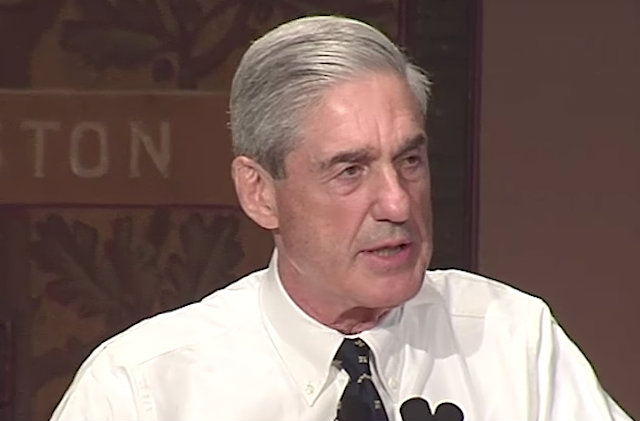
Remember, FISA warrants have been key elements of the investigation of the Trump campaign’s ties to Russia. It was back in July 2016 that the FBI started their investigation of possible Russian efforts to interfere with the presidential election. That investigation, of course, utilized FISA warrants to conduct surveillance of Trump associates like Carter Page.
The substance of the FISA warrant applications remain unknown, so it’s unclear what role–if any–the dossier played in the process. Search warrant applications contain sworn statements from law enforcement officers containing information showing why there is cause to conduct a search. If, as McCabe reportedly said, the contents of the dossier are still unverified, it’s hard to imagine agents could truthfully use it as grounds for a warrant.
So what if they did? Well, then there’s a big evidentiary issue. The “Fruit of the Poisonous Tree” doctrine states that any evidence that is collected as the result of an improper search or seizure is generally barred from trial. If the dossier was the main source of information in any warrant application, it would stand to reason that such application should have been insufficient as grounds for surveillance, and the applications themselves could have been fraudulently submitted.
In English, that means that any evidence against Team Trump that was gathered by using the dossier as the reason for conducting a search or surveillance could potentially be thrown out by a court.
This is a big if, of course. The FISA warrant process is pretty secretive, so we don’t know what federal officials claimed were their reasons for getting FISA warrants. In fact, Robert Litt, who was general counsel of the Director of National Intelligence Office from 2009 up until January 2017, wrote in October that the dossier had nothing to do with it.
“The dossier itself played absolutely no role in the coordinated intelligence assessment that Russia interfered in our election,” Litt wrote.
On top of that, a former U.S. intelligence official told Bloomberg that when the FBI began their Russia investigation, the dossier didn’t even exist so it would not have been the sole basis for procuring FISA warrants.
That being said, while the dossier as a document may not have played a part, the allegations that eventually went into the dossier theoretically could have been a factor. If that was the case, Robert Mueller better hope those weren’t the parts that are still unconfirmed. Otherwise, it could rock the Russia investigation to its foundation.
Ronn Blitzer is the Senior Editor of Law&Crime and a former New York City prosecutor. Follow him on Twitter @RonnBlitzer.